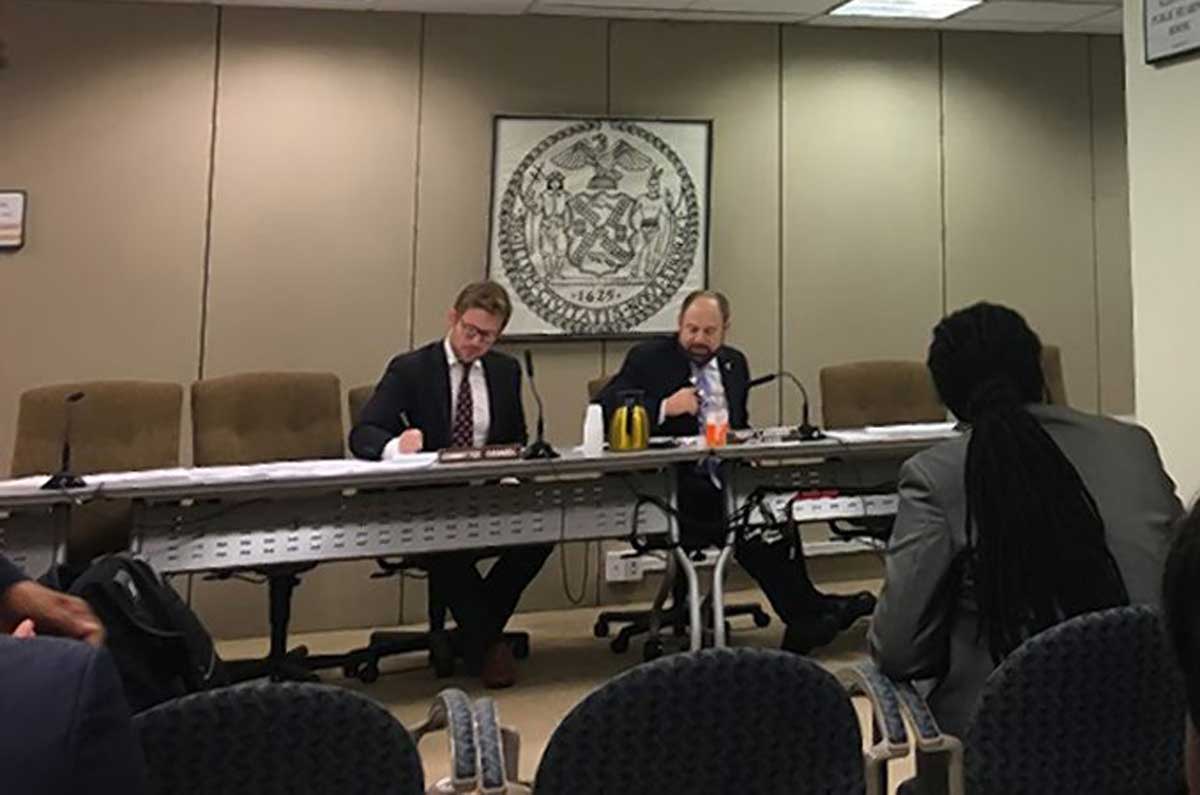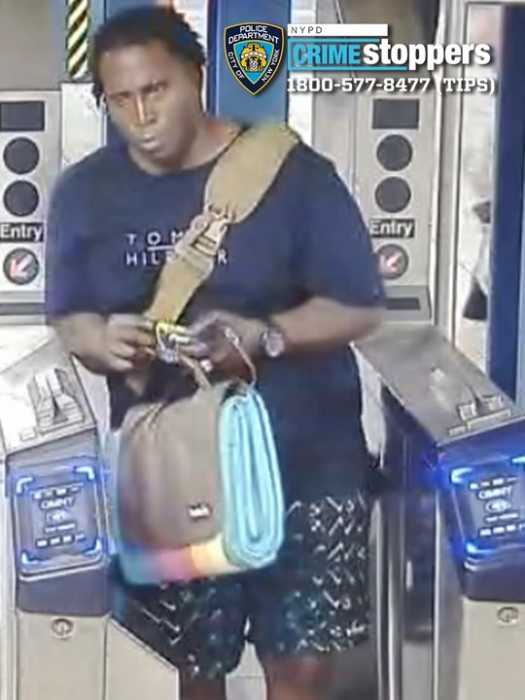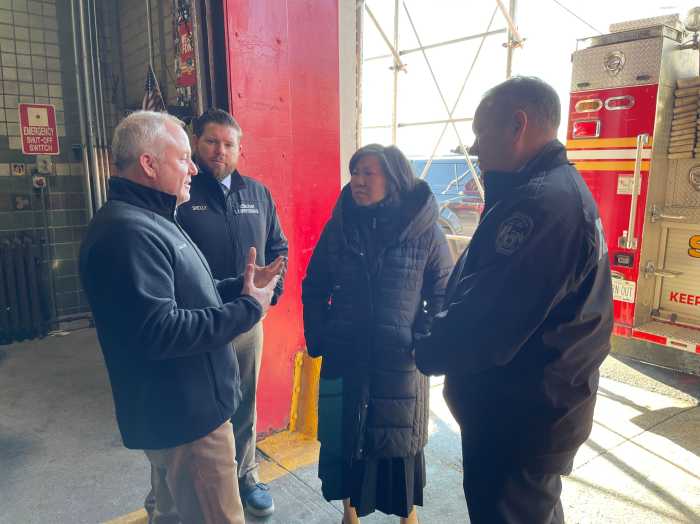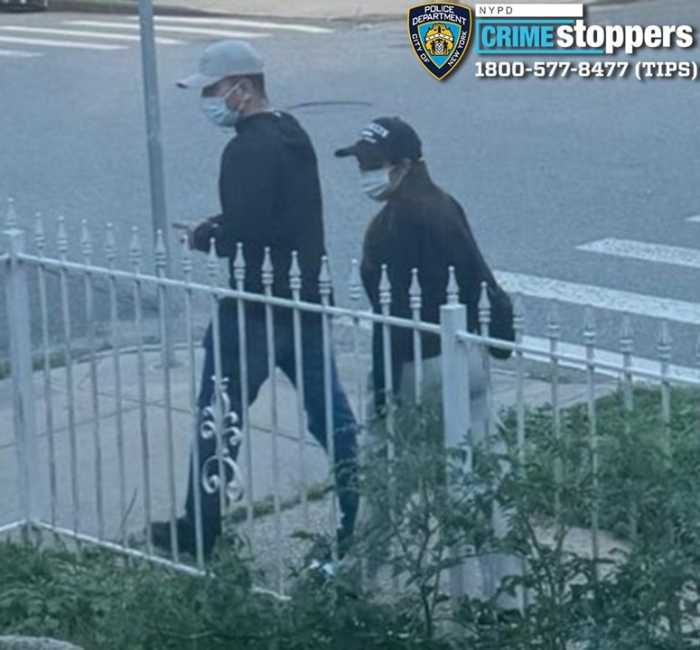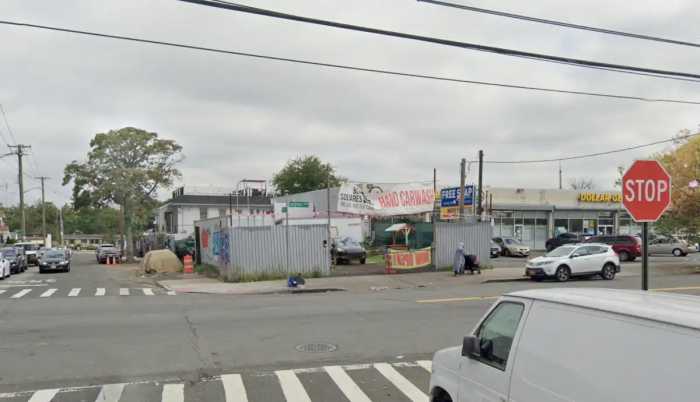By Cassidy Klein
The Committee on the Justice System, chaired by City Councilman Rory Lancman, held an oversight hearing Sept. 27 to examine the “cost of justice” in criminal cases.
The committee discussed the effects of mandatory surcharges, fines, and fees for court-ordered classes that are offered as an alternative to incarceration on indigent defendants. These exorbitant fees and fines often trap the economically-challenged in a cycle of debt, which could lead to incarceration due to failure to pay. Communities of color are most likely to suffer from excessive fees and fines because of over-policing and poverty, according to Lancman.
“For those trying to re-enter their way into society, court fees bar them from doing that,” said Lancman. “In my hometown of Queens, there are over 60,000 people in modern day debtors prison due to these types of fees.”
New York state imposes many legal financial obligations on those involved with the justice system. State law requires surcharges for felonies ($300), misdemeanors ($175), and violations ($95). A person can be incarcerated for up to 15 days for failure to pay a surcharge. Unpaid legal financial obligations put justice-involved poor individuals at risk of re-arrest and re-incarceration.
Additionally, many court-related classes and intervention programs come with a heavy fee. Many programs in Queens range from $35-60 to register, an intake fee that averages around $70, and an average fee of $25-50 per class session. Some of these programs are 12-36 weeks long, according to Lori Zeno of Queens Law Associates.
“In Queens, both in criminal and supreme court, our clients have to choose on a daily basis, can they pay or do they stay [incarcerated]?” said Zeno.
Khalil Cumberbatch, a representative for Fortune Society, a program that offers services to those with incarceration histories, explained how the organization’s Alternatives to Incarceration programs are available to all five boroughs, yet it is most difficult to get referrals for individuals within Queens, where the organization is based.
“The Queens district attorney has been historically very difficult to work with in terms of simply referring people to ATI programs, specifically our ATI programs,” said Cumberbatch. “We’re based in Queens, and most people with charges in Queens reside somewhere in the borough. Yet we still have problems with referrals.”
Joanna Weiss, co-director of the Fines and Fees Justice Center, a national organization that seeks to eliminate fees in the justice system, said that New York City should follow San Francisco’s lead in eliminating the use of discretionary fees as well as create an office for economic justice.
“Diversion and alternatives to incarceration are good for everyone,” said Weiss. “The council should ensure that all diversion programs are offered for free or be free for those who can’t afford to pay, so that they don’t have to choose between important diversion programs and the financial security of their families.”
Additionally, having an office for economic justice would help ensure that fines are proportionate to the offense and a person’s ability to pay, as well as provide the council with important data regarding fees.
Hemangi Pai from Brooklyn Defender Services agrees that “fees and fines should be tailored to an individual’s ability to pay” and “courts should be allowed to reduce or eliminate such fines based on a person’s age and circumstances.”
“Young people from middle class families who can afford to pay the court costs on their behalf face a mere inconvenience,” said Pai, “while people from poor families face what is in many cases a longer lasting punishment and sentence.”
Lancman said he is thankful for the testimonies witnesses gave at the meeting and is working to eliminate the “hidden costs of our justice system.”
Lancman officially announced his candidacy for Queens district attorney last week for the November 2019 race. His focus is on reshaping the criminal justice system.
Reach reporter Cassidy Klein by e-mail at cklei

